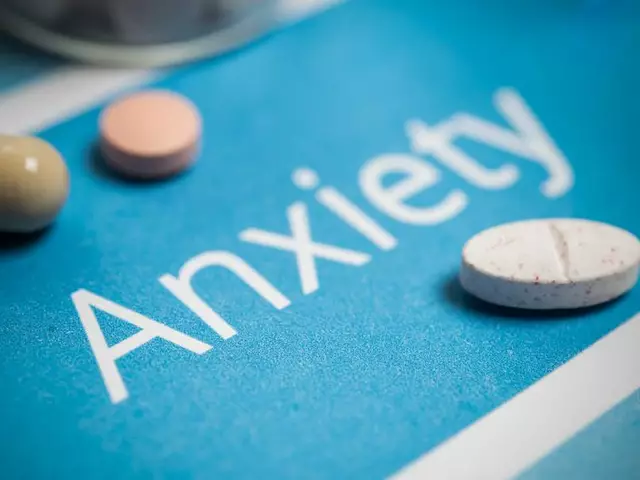Ulcerative Colitis: What You Need to Know
If you’ve been told you have ulcerative colitis, you probably have a lot of questions. This guide breaks down the basics in plain language so you can understand the condition, spot warning signs, and make smarter choices about treatment and daily habits.
Understanding the Symptoms
Ulcerative colitis (UC) is a type of inflammatory bowel disease that attacks the lining of the colon. Most people notice tummy pain, cramping, and an urgent need to go to the bathroom. Bloody stools, weight loss, and fatigue are also common. The flare‑ups can come and go, so you might feel fine for weeks and then suddenly experience a bout of diarrhea.
Because symptoms overlap with other gut issues, it’s easy to miss the diagnosis. If you have any of the above signs lasting more than a few days, schedule a visit with a gastroenterologist. They’ll likely run a colonoscopy, blood tests, and stool checks to confirm UC.
Treatment Options and Lifestyle Adjustments
Doctors usually start with medication to calm inflammation. 5‑ASA drugs like mesalamine are a common first step. If those don’t work, steroids, immunosuppressants, or biologics (e.g., infliximab) may be added. The goal is to keep the colon quiet and prevent long‑term damage.
Alongside meds, diet plays a big role. While there’s no one‑size‑fits‑all plan, many people find relief by cutting out high‑fiber foods during flare‑ups, limiting dairy, and steering clear of spicy or greasy meals. A low‑residue diet—think white rice, bananas, and well‑cooked veggies—can reduce stool bulk and ease discomfort.
Staying hydrated is crucial, especially if you’re losing fluids through diarrhea. Aim for at least eight glasses of water a day, and consider electrolyte drinks if you’re sweating a lot from stress or exercise.
Regular exercise, even gentle walks, can boost mood and keep your bowels moving smoothly. Stress management techniques such as breathing exercises, yoga, or short meditation breaks help because stress can trigger flare‑ups.
Our site has dozens of posts that dive deeper into each of these topics. From “Prednisone Alternatives” to “Diet Tips for Inflammatory Bowel Disease,” you’ll find practical advice and real‑world experiences from people living with UC.
Remember, ulcerative colitis is a chronic condition, but with the right treatment plan and daily habits, you can lead a full, active life. Keep track of your symptoms, talk openly with your doctor, and use reliable resources—like the articles on this page—to stay informed and empowered.
21
Asacol Explained: Uses, Dosage, Side Effects & Practical Tips
A clear, human‑written guide to Asacol - what it treats, how it works, proper dosing, common side effects, and everyday tips for safe use.
Latest Posts
Popular Posts
-
 Extended Use Dates: How the FDA Extends Drug Expiration Dates During Shortages
Extended Use Dates: How the FDA Extends Drug Expiration Dates During Shortages
-
 Enteral Feeding Tube Medication Safety: Compatibility and Flushing Protocols Explained
Enteral Feeding Tube Medication Safety: Compatibility and Flushing Protocols Explained
-
 Meniere’s Diet: How Sodium Restriction and Fluid Balance Reduce Vertigo and Hearing Loss
Meniere’s Diet: How Sodium Restriction and Fluid Balance Reduce Vertigo and Hearing Loss
-
 Magnesium Supplements and Osteoporosis Medications: What You Need to Know About Timing
Magnesium Supplements and Osteoporosis Medications: What You Need to Know About Timing
-
 Stinging Insect Allergy: What Venom Immunotherapy Really Does for You
Stinging Insect Allergy: What Venom Immunotherapy Really Does for You



